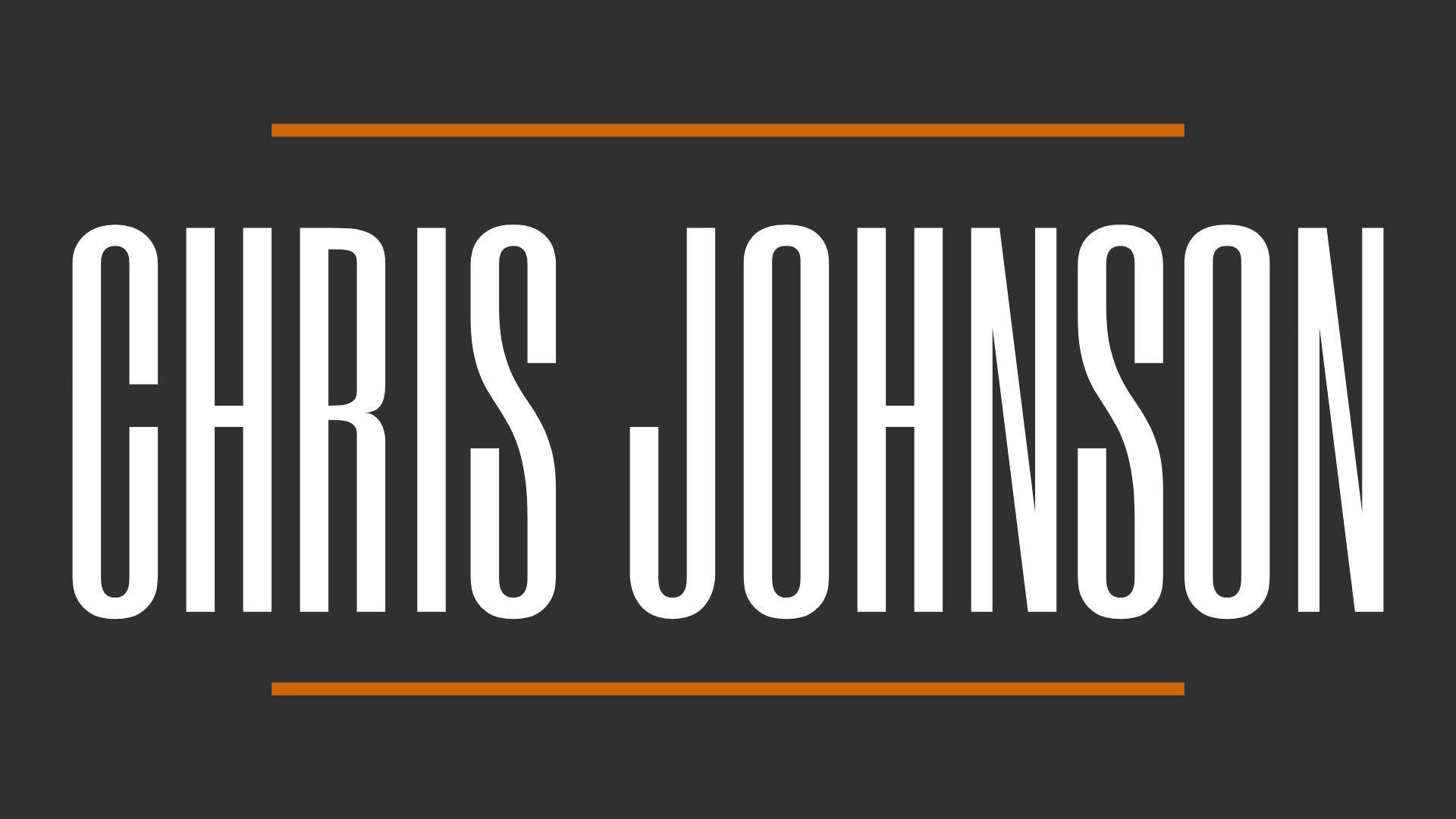What I've Been Reading: Spy the Lie
As a pastor, I try to make sure I read outside of the typical genre of books that one might expect. One book I read recently might seem like an odd choice. Neither the subject matter nor the authors make any claim to being theologically-minded. Nevertheless, I found the book very helpful as a pastor, a Christian, and even a parent. The book is called Spy the Lie and it was written by three former CIA officers, Philip Houston, Michael Floyd, and Susan Carnicero.
The book is comprised of fourteen brief chapters that include some fascinating examples from the authors’ work in the CIA. These examples made the book a fun read and also gave validity to the various principles posited. The authors of this book put forth a deception-detection methodology that they contend has greater effectiveness than even a polygraph test.
First, the authors deal with some of the challenges that keep us from noticing deceptive behavior. Even trained, experienced agents can be duped and thrown off by some of the behavioral myths about deception. It is helpful to remember that people do lie, that lying does not necessarily manifest itself in a single behavioral giveaway, and that communication is an incredibly complex endeavor prone to missteps and biases.
Second, the authors lay out their framework for detecting deception. They use two guidelines that form the structure for their model. The first is timing. The model suggests that deceptive behavior occurs within the first five seconds after a stimulus is given (i.e. a question is asked). The less time that passes after the initial question or stimulus, the greater the likelihood that the behavior is related. The second part of the guideline is that rather than one behavioral giveaway, there are typically clusters of behaviors that when found together in greater numbers increase the likelihood that we are observing deceptive behavior. Some of these behaviors are verbal, some are nonverbal. The book expounds on these behaviors and gives examples from well-known televised interviews. The authors include a chapter on the kinds of questions that are not helpful in these kinds of scenarios. One of the final chapters of the book puts all the pieces together in an analysis of Congressman Anthony Weiner’s behavior in his infamous sexting scandal.
Although my daily routine does not include interrogating subjects for the CIA, I found the book helpful and practical. Everyone could benefit from the ability to recognize deceptive behavior. Jesus told us to “be wise as serpents and innocent as doves” (Matthew 10:16). Part of living in a fallen world is living in a world where people lie. Being able to wisely assess the behavior of others is a useful skill. This can help in the realm of politics. Many of the examples the authors of this book give are, unfortunately, from politicians. Being able to recognize deceptive communication in our leaders is helpful as we make determinations about who to vote for and what to believe. These kinds of skills can also help us in our family relationships. Parents, this may shock you, but your children are not always completely truthful. This book provides some helpful tools for moms and dads as we seek to lead our children to follow Christ. This book willl also help your communication skills in general. Learning to ask better questions and understand others is something that will help us in every interaction, whether in our business relationships, church relationships or marriages. My favorite quote from the book is attributed to Abraham Lincoln:
“The fact is truth is your truest friend, no matter what the circumstances are.”
